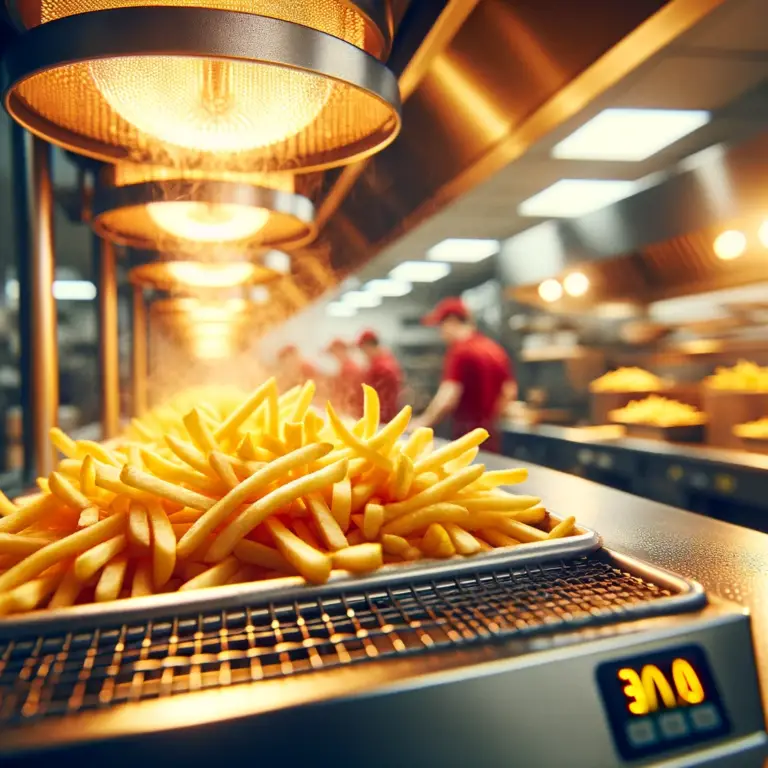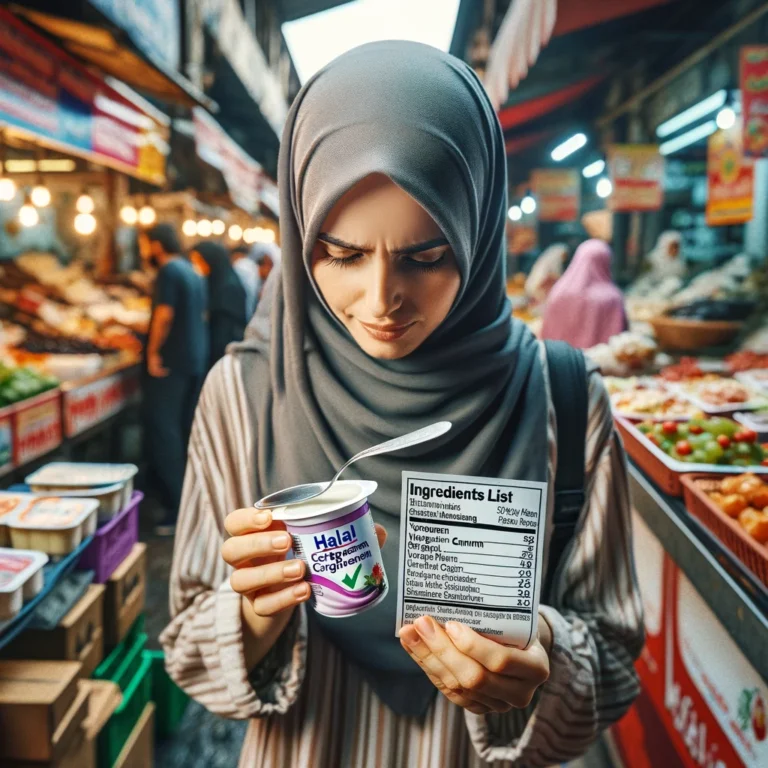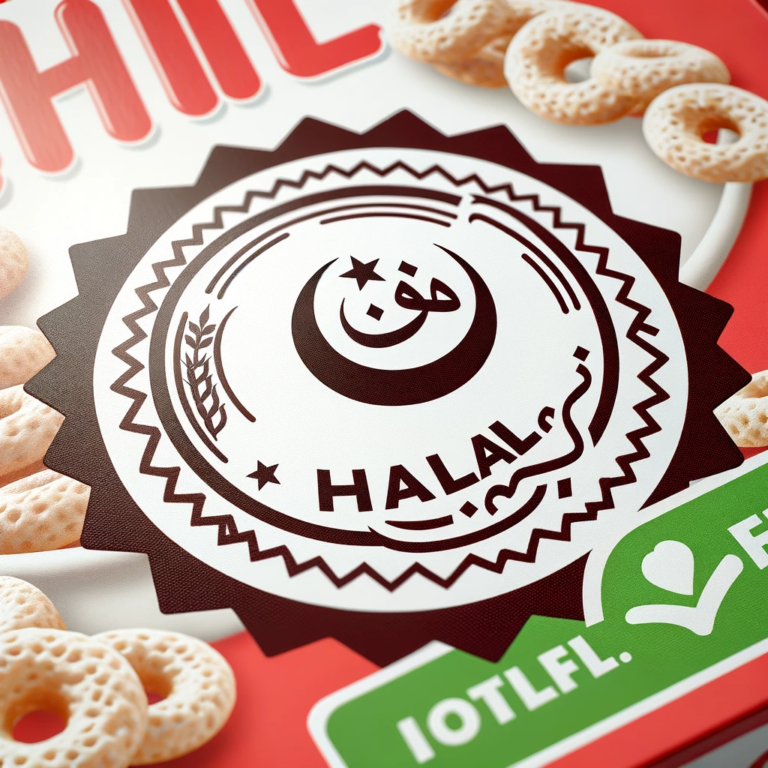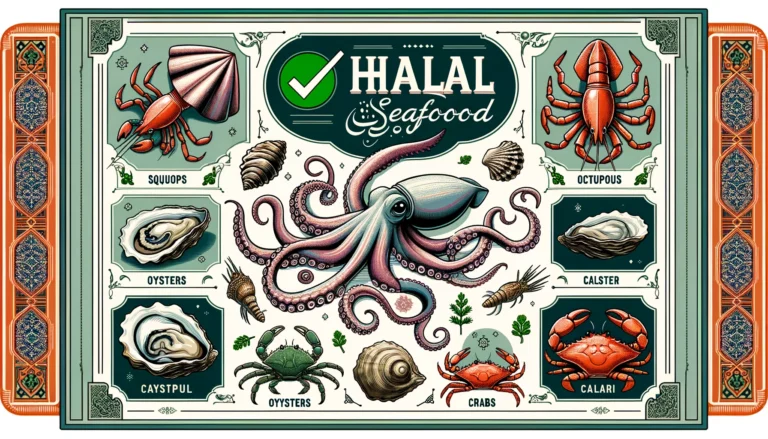Is Boba Halal?
As an expert in the field of Islamic dietary laws and food science, I have conducted extensive research on the topic of whether boba, also known as bubble tea or pearl milk tea, is permissible for Muslims to consume under the guidelines of halal. In this comprehensive article, I will provide a detailed analysis of the ingredients and preparation methods used in boba to determine its halal status.
What is Boba?
Boba, originating from Taiwan in the 1980s, is a popular beverage that typically consists of the following components:
- Tea base (black, green, oolong, or white tea)
- Milk or non-dairy creamer
- Chewy tapioca pearls
- Sweeteners such as syrup or honey
- Optional toppings like fruit jellies or puddings
The unique combination of flavors and textures has contributed to boba’s global popularity, with countless variations and customizations available to suit individual preferences.
Analyzing the Ingredients
To determine whether boba is halal, we must thoroughly examine each ingredient and assess its compliance with Islamic dietary guidelines.
Tea Base
The tea base used in boba is generally considered halal, as it is derived from tea leaves, which are permissible for consumption under Islamic law. However, it is essential to ensure that the tea has not been contaminated with any non-halal substances during the growing, harvesting, or processing stages.
Milk or Non-Dairy Creamer

The use of milk or non-dairy creamer in boba raises some concerns regarding its halal status. If the milk is sourced from halal animals and processed in accordance with Islamic guidelines, it is considered permissible. However, if the milk is obtained from non-halal animals or has been contaminated with non-halal substances, it would render the boba non-halal.
Non-dairy creamers, such as those derived from soy or coconut, are generally considered halal, provided they do not contain any non-halal ingredients or additives.
Tapioca Pearls
Tapioca pearls, the signature ingredient in boba, are made from the starch extracted from the cassava root. Cassava is a halal plant, and the process of extracting tapioca starch does not typically involve any non-halal substances. Therefore, tapioca pearls are generally considered halal.
However, it is crucial to verify that the tapioca pearls have not been produced using any non-halal ingredients, such as emulsifiers or preservatives derived from animal sources.
Sweeteners
The most common sweeteners used in boba, such as sugar syrup or honey, are generally considered halal. However, it is essential to ensure that these sweeteners have not been contaminated with any non-halal substances during production or processing.
Optional Toppings
Toppings like fruit jellies or puddings are usually halal, as they are derived from plant-based sources. However, it is necessary to verify that these toppings do not contain any non-halal ingredients, such as gelatin derived from non-halal animal sources.
Preparation Methods
In addition to analyzing the ingredients, it is crucial to consider the preparation methods used in making boba to ensure its halal status.
Equipment and Utensils
The equipment and utensils used in the preparation of boba must be free from contamination with non-halal substances. This includes ensuring that the cooking vessels, strainers, and serving cups have not been used to prepare or serve any non-halal items.
Cross-Contamination
Cross-contamination is a significant concern when it comes to determining the halal status of boba. If the boba is prepared or served in an establishment that also handles non-halal items, there is a risk of cross-contamination, which would render the boba non-halal.
To ensure the halal status of boba, it is essential to verify that the establishment follows strict guidelines to prevent cross-contamination, such as using separate equipment and utensils for halal and non-halal items and maintaining a clean and hygienic environment.
Halal Certification
One of the most reliable ways to ensure that boba is halal is to look for halal certification from a recognized Islamic authority. Halal certification indicates that the ingredients and preparation methods used in making the boba have been thoroughly vetted and deemed compliant with Islamic dietary guidelines.
When purchasing boba from a restaurant or vendor, it is advisable to inquire about their halal certification status or look for visible halal logos or labels on their products or menus.
Variations and Customizations
Given the wide range of variations and customizations available in boba, it is essential to consider the halal status of each individual component when creating a personalized drink.
For example, if a customer opts for a boba drink with a dairy-free milk alternative, such as almond or oat milk, they must ensure that these alternatives are halal-certified and have not been contaminated with any non-halal substances during production or processing.
Similarly, when adding toppings or syrups to a boba drink, it is crucial to verify that these additional ingredients are halal-compliant and have not been derived from non-halal sources.
Frequently Asked Questions
To further clarify the halal status of boba, I have compiled a list of frequently asked questions and their corresponding answers:
1. Is boba always halal?
No, boba is not always halal. The halal status of boba depends on the ingredients used and the preparation methods employed. It is essential to verify the halal compliance of each component and ensure that there is no risk of cross-contamination with non-halal substances.
2. Can Muslims consume boba from any restaurant or vendor?
Muslims should exercise caution when consuming boba from restaurants or vendors that do not have halal certification. There is a risk of cross-contamination or the use of non-halal ingredients in these establishments. It is advisable to seek out halal-certified boba providers or prepare boba at home using halal-compliant ingredients.
3. Are tapioca pearls always halal?
Tapioca pearls are generally considered halal, as they are derived from the cassava plant. However, it is essential to verify that the tapioca pearls have not been produced using any non-halal ingredients or additives.
4. What should I do if I am unsure about the halal status of a boba drink?
If you are unsure about the halal status of a boba drink, it is best to err on the side of caution and abstain from consuming it. You may inquire with the vendor about the ingredients and preparation methods used, or seek out a halal-certified alternative.
Conclusion
In conclusion, the halal status of boba is not a straightforward matter, as it depends on the ingredients used and the preparation methods employed. While many of the core ingredients in boba, such as tea, tapioca pearls, and plant-based sweeteners, are generally considered halal, there are concerns regarding the use of milk, non-dairy creamers, and the risk of cross-contamination with non-halal substances.
To ensure the halal status of boba, it is essential to:
- Verify the halal compliance of each ingredient used in the drink
- Ensure that the preparation methods and equipment are free from contamination with non-halal substances
- Seek out halal-certified boba providers or prepare boba at home using halal-compliant ingredients
By following these guidelines and exercising due diligence, Muslims can make informed decisions about whether to consume boba while adhering to the principles of halal dietary laws.
| Ingredient | Halal Status | Considerations |
|---|---|---|
| Tea base | Generally halal | Ensure no contamination with non-halal substances |
| Milk | Halal if sourced from halal animals and processed according to Islamic guidelines | Verify the source and processing methods |
| Non-dairy creamer | Generally halal if derived from plant-based sources | Check for non-halal ingredients or additives |
| Tapioca pearls | Generally halal | Verify that no non-halal ingredients are used in production |
| Sweeteners | Generally halal | Ensure no contamination with non-halal substances |
| Toppings | Generally halal if derived from plant-based sources | Check for non-halal ingredients, such as gelatin |
As an expert in the field, I have provided a comprehensive analysis of the halal status of boba, taking into account the various ingredients, preparation methods, and potential risks of contamination. By sharing this in-depth knowledge and insight, I aim to empower Muslims to make informed decisions about their consumption of boba while adhering to the principles of halal dietary laws.








